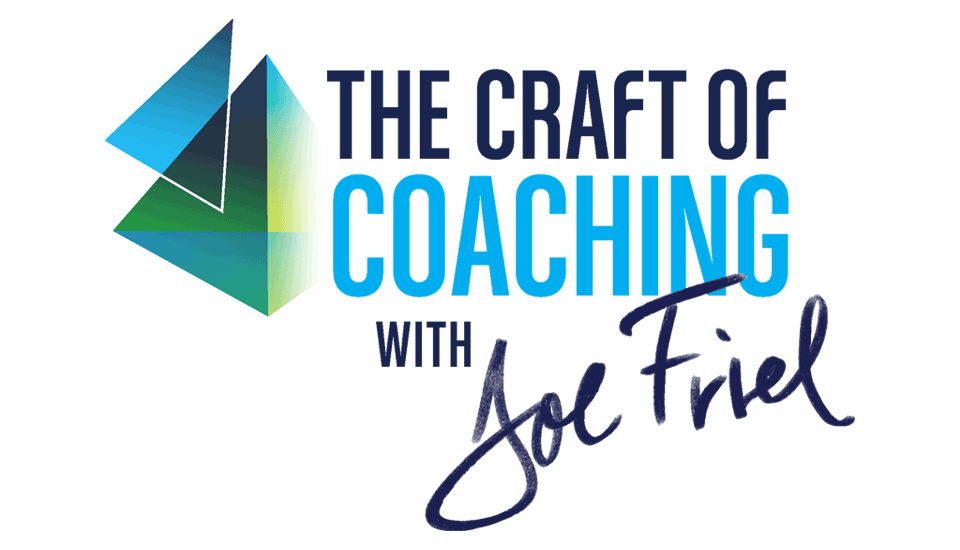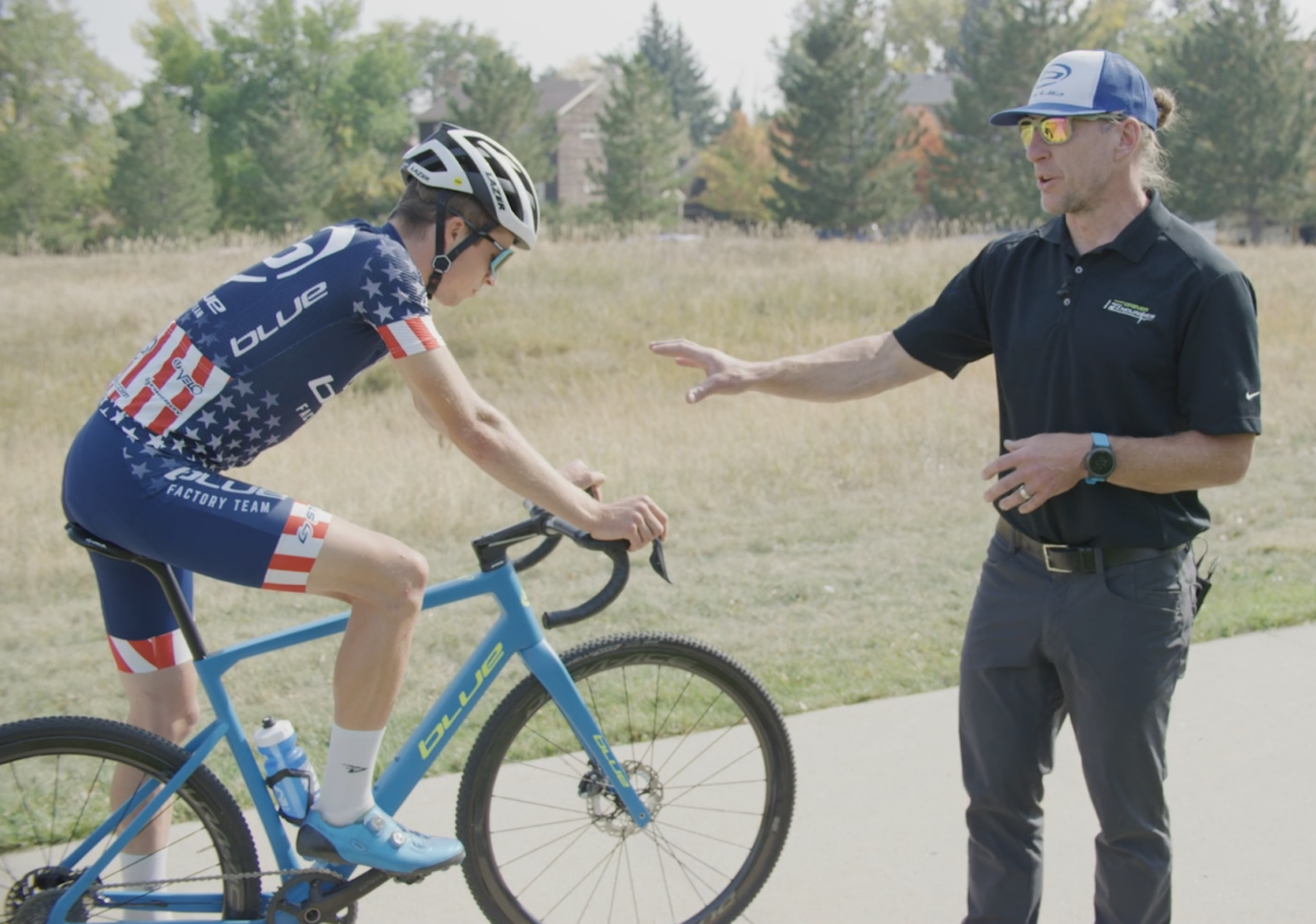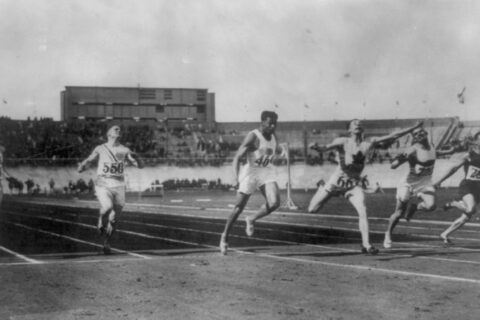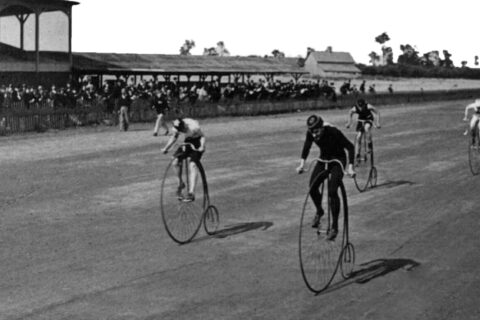Coaching is an incredibly fulfilling profession. There are aspects of being a coach that are nonnegotiable, and some will come easily while others will be hard-fought. Whatever your current state of mind may be, consider how you can align and sustain your coaching business with the mindset of a happy coach.
1. A happy coach makes profitability the top priority.
Admittedly, establishing a profitable business is not easy. And sometimes we get in our own way. I had a young, new coach join my coaching company. He was a very nice guy and had great potential as a coach. He came to me with a desire to help kids get started in the sport. It was a great idea, but also a very challenging one. I explained to him that he should focus first on building his paying clientele. Once he was profitable then he could devote more time and perhaps even money to helping kids get started. He was determined, however, and unfortunately, he didn’t last long. He never produced enough income to be profitable and he wound up leaving coaching to work as a sales clerk in a running store. A similar fate often awaits coaches who enter the industry intending to work exclusively with elite athletes. The bottom line: Make money first and then work toward your goals. The other way around means nobody wins.
2. A happy coach enjoys working with clients.
Just as you would strive to surround yourself with people who you get along with in life, it is the same in sport. In 40-plus years of coaching, I fired two clients. We didn’t get along. Nothing big; just small, common disagreements. I came to realize that it really wasn’t their fault; it was mine. I didn’t do a thorough enough job of screening them before accepting them as clients. That was a good lesson for me. I learned I had to do a better job of screening potential clients to be sure we were compatible.
3. A happy coach enjoys the work it takes to prepare an athlete for competition.
It’s certainly not easy. Because of the coach’s devotion to the improvement of the athlete, the client is uppermost in the coach’s mind most of the time: How can I help Kate swim faster? Does John need more volume? What’s keeping Tom from realizing his potential? Solving tough problems for your clients confirms your dedication to their goals and greatly contributes to their motivation and performance, and, in turn, your happiness. The happy coach enjoys the challenge of helping others achieve their high goals.
4. A happy coach looks forward to doing the work.
This includes interacting with clients, attending workouts, going to races, creating training plans, and a myriad of other responsibilities. It’s enjoyable because you have so much in common and you’re compatible (after all, you’ve screened them to be sure). The work seems to never end, but the happy coach flourishes in doing it.
5. A happy coach thrives on learning about training and growing as a coach.
Becoming a better coach is a never-ending journey. There’s always something to be learned from fellow coaches and athletes. Ask lots of questions, especially “why.” Read coaching materials. Keep up with the sports science research. Strive to be flexible in your coaching methodology. Be as informed as you can about your sport. Continually seek better ways of training and coaching. Becoming more knowledgeable and aware is a never-ending journey.
6. A happy coach has fellow coaches they can talk with candidly.
Seeking out another coach’s thoughts on a topic allows you to question your own ideas. That can be sort of scary, but it’s also stimulating. Those you confide in are often colleagues within your coaching group, but they don’t have to be. In the 1980s, as near as I could tell, I was the only triathlon coach in the U.S. Then in 1989 I heard about a coach in Walnut, California, so I made the trip from Colorado to spend a day talking with him. It was one of the best things I ever did to become a better—and happy—coach. I learned and shared a lot. It was a very rewarding day. That coach, Marc Evans, remains a friend and colleague.
7. A happy coach maintains an active, enjoyable lifestyle.
With occasional exceptions, being a coach allows you to train for your own events—or just for fitness—and still find time to spend with your family and friends. If this is not how it’s working out for you, if you are feeling overwhelmed with work and finding little time for yourself, reevaluate your time management and your fee.
8. A happy coach sees their future in the field of coaching as positive.
There is a fairly clear path to your business goals and a strong internal drive to make them happen. And you know it’s going to take time and hard work on your part. Those goals you’re striving for could be financial, or more related to personal achievement and recognition, or something else altogether. You may eventually hope to become an Olympic coach, coach a world champion, or simply build a strong, recognizable brand. Such goals can be highly motivating. If you do not see your future as positive and rewarding in some definable way, consider what changes need to be made.
9. A happy coach is backed by a supportive network of friends and family.
In 1980 I decided to leave my job as a teacher and coach at a public school to open a running store. There were not many specialty stores at that time, and success was certainly not guaranteed. My wife said, “Ok.” By 1983 I was considering converting my store into a triathlon shop even though I was unaware of there being any others . . . worldwide. Again, my wife said, “Ok” without reservations. In 1987 I decided to sell the store and become a freelance coach. I didn’t know of any others in the country at the time. Once again, my wife said, “Ok.” When I said in 1994 that I was thinking about writing a book she said, “Ok.” With her consistent support and help, and a lot of input from friends, I created a successful coaching business. I cannot overstate the value of the support she gave, and continues to give. I’ve been a very happy coach for a long time largely thanks to my wife and friends.
10. A happy coach feels appreciated by their clients.
A client’s expressed gratitude is a reflection of the coach’s support and concern for their well-being, training, performance, and goal achievement. When you truly care about your clients, they know. You can’t fake it.
Ultimately, a happy coach is far more likely to be a good and successful coach, which leads to being well-respected in the field of coaching. From that point, income, client load, business growth, client success, and personal achievements mostly take care of themselves. Of course, there are many details and a lot of work to be done in accomplishing such lofty goals, which we will take a closer look at throughout The Craft of Coaching series.





